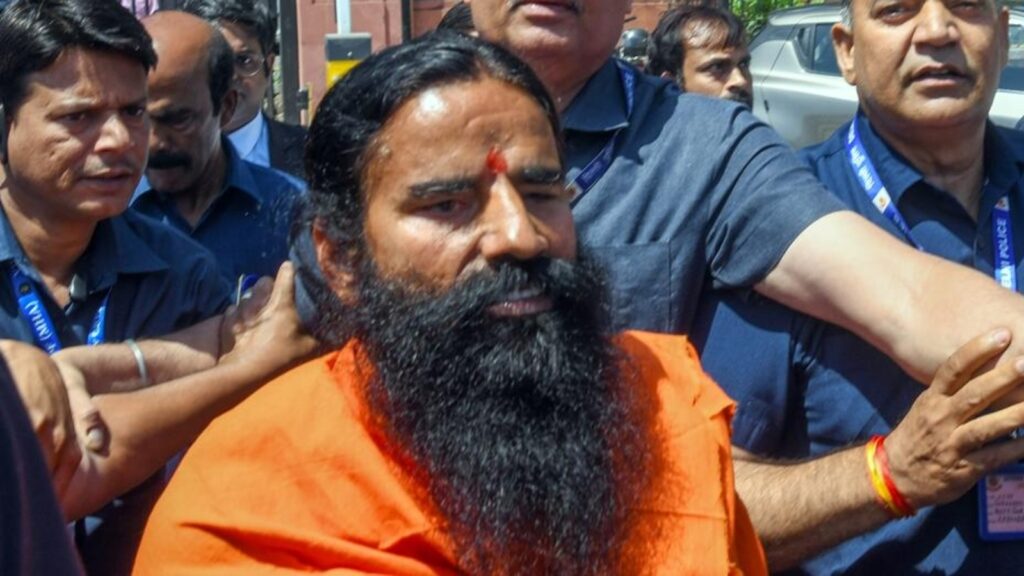Supreme Court Rejects Baba Ramdev’s Apology in Contempt Case


In April 2024, the Supreme Court of India dealt with a contempt case involving Baba Ramdev and Acharya Balkrishna, co-founders of Patanjali Ayurved. The case revolved around misleading advertisements by the company that claimed their Ayurvedic products could cure chronic illnesses like diabetes and asthma.
The Indian Medical Association (IMA) filed a petition against Patanjali, accusing the company of violating the Drugs and Other Magical Remedies Act, 1954, and the Consumer Protection Act, 2019. The complaint alleged that Patanjali was promoting its products through false and deceptive advertisements. Despite prior warnings from the Supreme Court to refrain from such advertising, the company continued to publish misleading claims, prompting the court to initiate contempt proceedings against both Baba Ramdev and Acharya Balkrishna.
Rejection of Apologies:
The Supreme Court dismissed the unconditional apologies submitted by Ramdev and Balkrishna, finding them lacking in sincerity. Justice Hima Kohli criticized the statements as superficial and emphasized the need for genuine accountability and adherence to court orders.
Criticism of Regulatory Lapses:
The court also reprimanded the Uttarakhand drug licensing authority for its inaction. Although the issue was brought to the authority’s attention in 2018, it failed to take any significant action against Patanjali. The court questioned the state’s legal representatives over this prolonged inaction and highlighted the failure of the regulatory system to enforce the law.
Stern Warnings Issued:
The bench warned both founders to expect serious consequences if further violations occurred. The court made it clear that legal compliance is not optional, regardless of an individual’s public stature or institutional influence.
Following a series of hearings and repeated criticism from the court, Patanjali eventually issued more comprehensive and formal apologies. By August 2024, the Supreme Court agreed to close the contempt proceedings, accepting the revised apologies. However, it issued a final caution to Ramdev and Balkrishna, urging strict compliance with future legal obligations and warning against any recurrence of such misconduct.
This case underscores the judiciary’s crucial role in ensuring that companies adhere to ethical advertising and legal norms. The Supreme Court’s firm stance against Patanjali reflects its broader commitment to protecting public health and consumer rights. The outcome serves as a warning to all businesses about the serious repercussions of spreading misinformation, particularly in the health and wellness sectors.